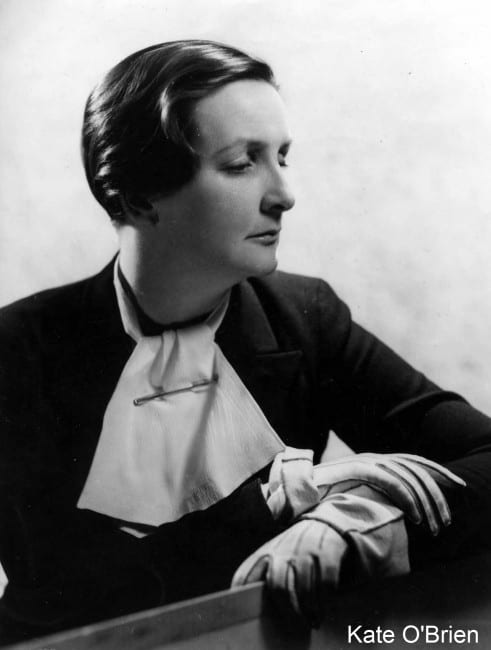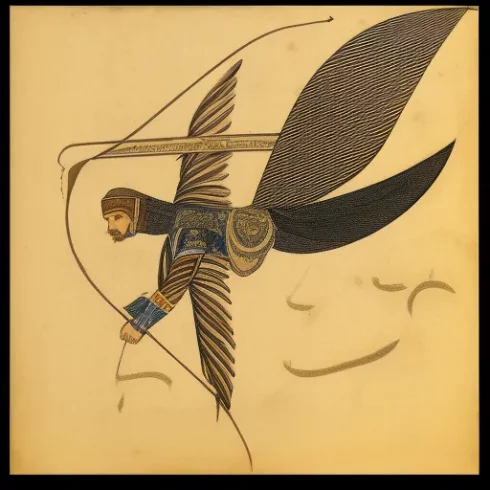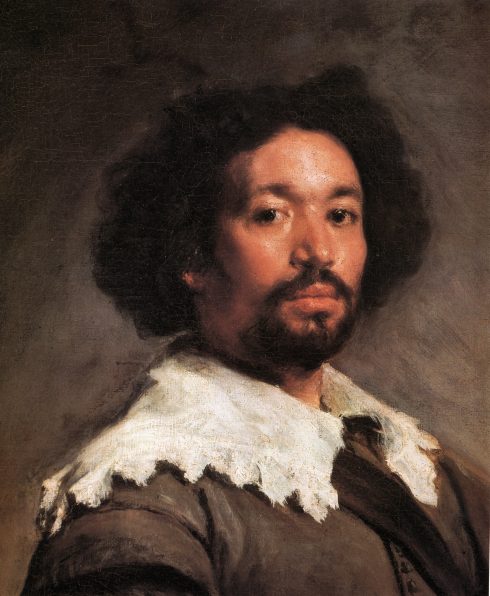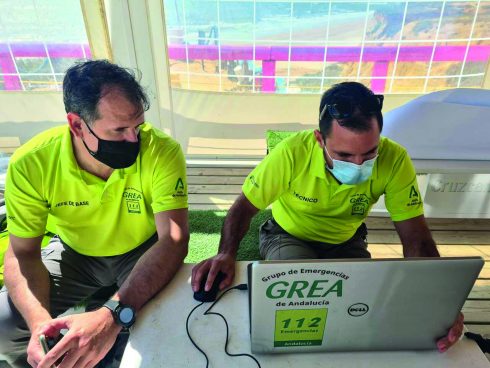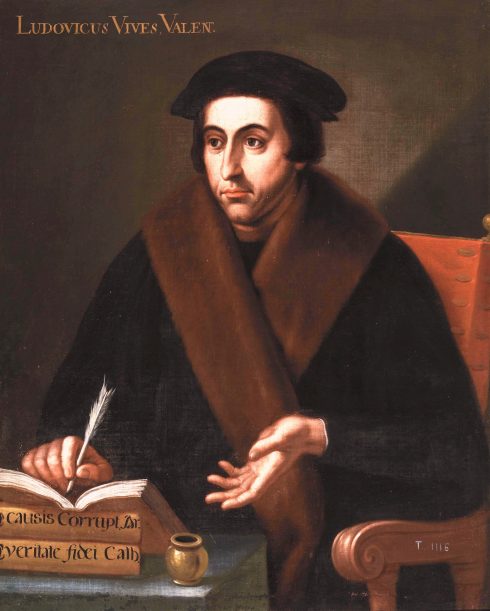 SIGMUND Freud once observed that the ‘Irish are the only people impervious to psychoanalysis – they resort to drinking and literature’.
SIGMUND Freud once observed that the ‘Irish are the only people impervious to psychoanalysis – they resort to drinking and literature’.
I’ve been to an Irish bar more than a few times and it is undeniable – the Irish do indeed love their drink.
When it comes to literature, the Irish ‘gift of the gab’ is also hard to deny. William Yates, George Bernard Shaw, James Joyce, Oscar Wilde, and Jonathan Swift – the list of great Irish writers is endless.
Now another name is finding its way into that pantheon of Irish icons. Her name is Kate O’Brien and her affinity for Spain and all things Spanish is profound.
O’Brien (1897-1974) moved to Basque Country Spain at 22 to enjoy ‘the hiatus between working and inevitable marriage’. She began to write novels and poems and almost all featured Spain as a setting. She achieved some degree of notoriety during her lifetime but, like so many other Irish authors, her work became more popular after her demise.
Many of her books deal with feminist issues – gender equality, female agency, sexual diversity and women yearning for independence. Her characters were frequently positive gay/lesbian protagonists and young independent women, themes that were extreme and forbidden in her day.
So radical were O’Brien’s ideas that most of her work was banned in her native Ireland and adopted homeland, Spain, both strongly Catholic countries. In the decades to follow, however, these issues were not only discussed but actively embraced.
O’Brien was a prognosticator in other ways. In 1937 she wrote Farewell Spain. The book is part political, part travelogue but defies a genre. In it, she travels through pre-Civil War Spain, mixing personal experience as a traveler with political ideology.
She dabbles in anarchist commentary and was inclined to believe that the hope of social progress in Spain might lie in communism. She was not alone in this thinking, as many western Europeans favored this political dogma during Spain’s worst nightmare.
Farewell Spain, as you might expect, was banned in Spain for much of the Franco years and Kate herself was forbidden entry to the country she loved.
O’Brien’s methodology of mixing travel with real-time political commentary is becoming quite popular today. Her idea of ‘political travel’ is the latest trend in the travel industry. Just as there have been trends in adventure travel, eco tours, lecture cruises etc.
Travel tours can now be arranged to political hot-spots like North Korea, Israel, China and South Africa. The tours work like documentaries, opening up key issues in the news for people to experience first hand.
Kate O’Brien was a rare individual who was able to detect futuristic social phenomena. She used her considerable literary skills to project her ability as a ‘seer’. She was a true visionary.

